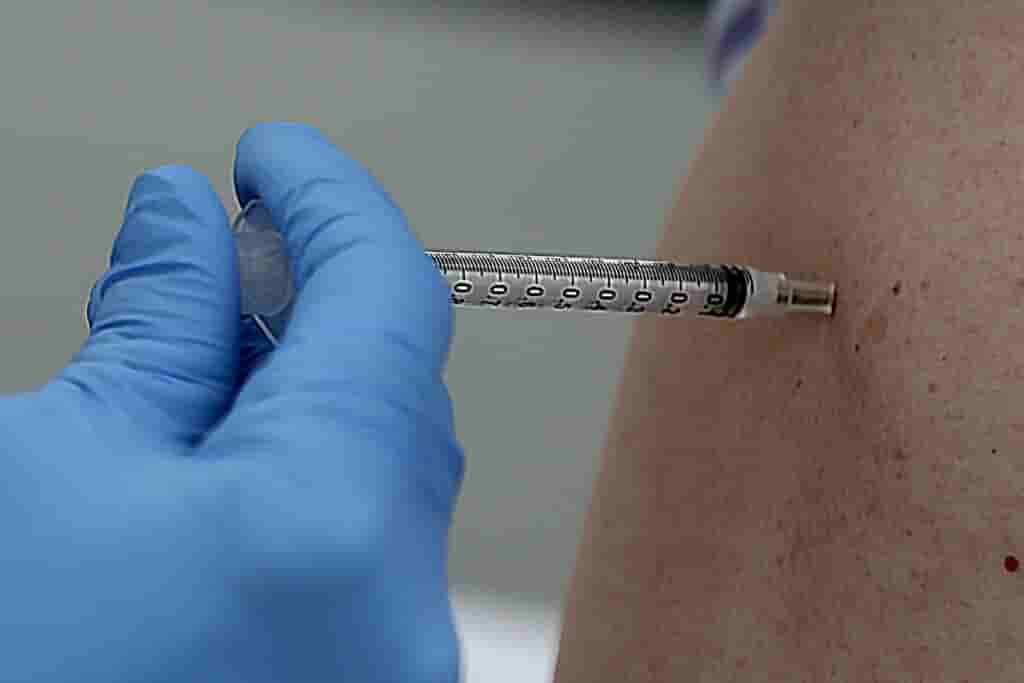The U.S. Centers for Disease Control and Prevention on Tuesday said that Americans who were able to get their third dose or booster shot of the COVID-19 vaccine should expect similar side effects as to their second shot.
According to a report in New York Times, most reported local and systematic reaction were mild to moderate, transient, and most frequently reported the day after vaccination.
Also Read: Experts Explain How To Tell If You Need A COVID-19 Booster Shot
New Side Effects Of The Third COVID-19 Booster Shot
The CDC’s data, based on a study from mid-August to mid-September, found that a number of participants experienced the following side effects after receiving their third shot:
- Pain or swelling in their arms after getting the shot — 79.4%
- Fever or headache — 74.1%.

Side Effects Of Pfizer COVID-19 Vaccine Booster Shot
Early in September, Pfizer released a list of side effects from getting the COVID-19 vaccine booster shot. The list was submitted to the FDA. In the 300 Pfizer booster shot trial participants, here’s what they experienced from the third shot:
- Fatigue — 63.7%.
- Headache — 48.4%.
- Muscle pain — 39.1%.
According to Pfizer, most symptoms were mild or moderate. CNBC in an earlier report said that 44 out of 306 participants had at least one unforeseen side effect such as swollen lymph nodes.
Status Of Other COVID-19 Vaccine Boosters
The FDA recently approved the Pfizer BioNTech COVID-19 vaccine booster shots for Americans 65 and older as long as they have already received their first two doses of the Pfizer Vaccine. Drugmakers Moderna and Johnson and Johnson are still awaiting authorization and approval for their booster COVID-19 vaccines.
In an update regarding the booster shots by these two drugmakers, top infectious disease expert Dr. Anthony Fauci recently said that data for both vaccines are coming.
“The actual data that we’ll get (on) that third shot for the Moderna and second shot for the J&J is literally a couple to a few weeks away,” he said. “We’re working on that right now to get the data to the FDA, so they can examine it and make a determination about the boosters for those people.”


